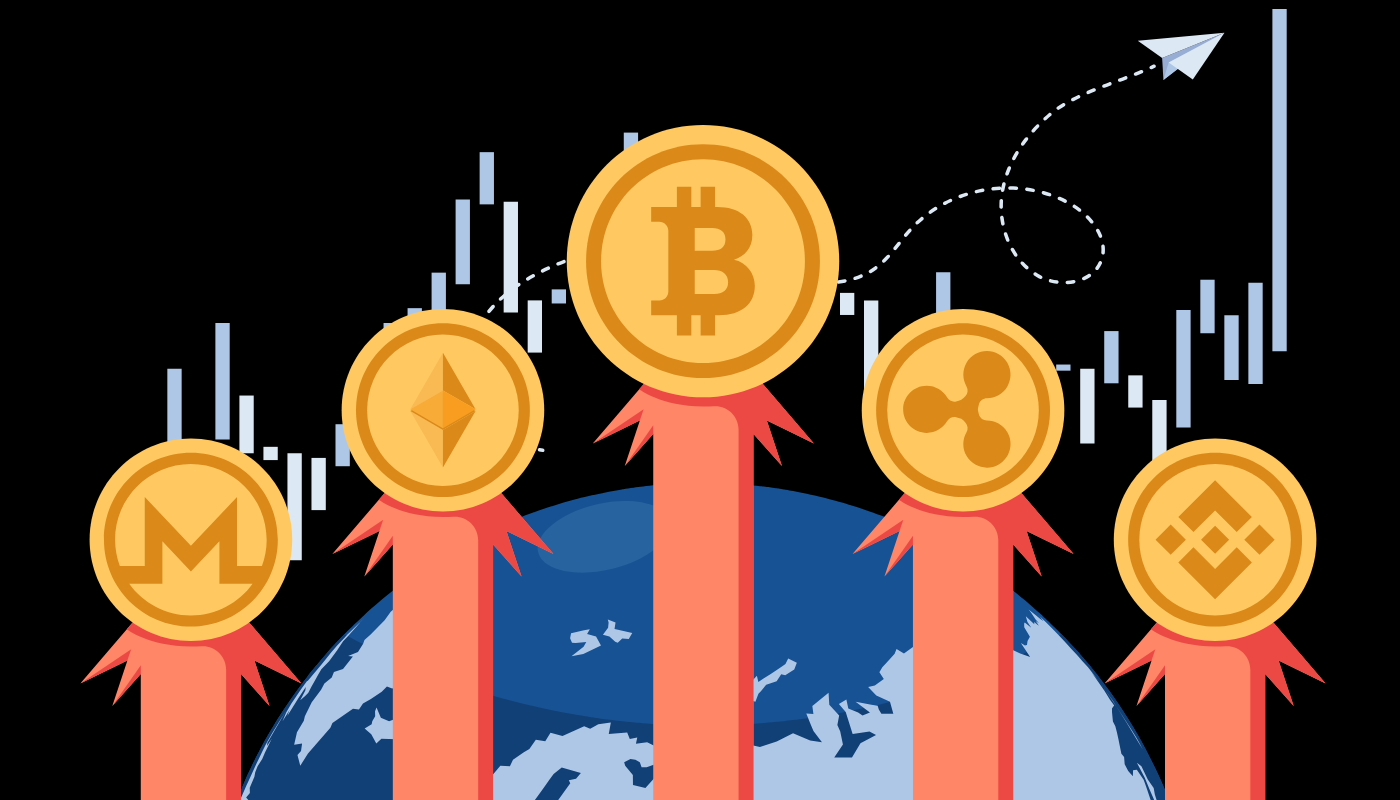ARTICLE AD
NFT sellers face new risks with PayPal's updated terms.
PayPal has recently updated its user protection policy, specifically excluding NFT transactions from its purchase protection program.
Starting May 20, 2024, buyers and sellers of NFTs will no longer benefit from the purchase protection program previously offered by PayPal, a change quietly implemented through an update to the company’s terms of service.
According to the latest update, PayPal will no longer include transactions involving NFTs in its Seller Protection Program if the transaction amount exceeds $10,000. This policy shift particularly exposes sellers to significant financial losses, as PayPal will not cover any counterfeiting, refund, or fraud risks exceeding $10,000 in NFT sales.
Additionally, PayPal notes that transactions of $10,000.00 or below will continue to be covered by PayPal’s Seller Protection Program unless it is claimed by the buyer to be an “unauthorized transaction,” and as long as all other eligibility requirements for the protection are met.
The decision to roll back protection for NFT transactions follows an initial announcement on March 21, where PayPal indicated a move away from safeguarding certain NFT-related activities, a plan that has now been fully realized.
Previously, PayPal’s protection for NFT transactions offered a degree of security for both buyers and sellers. For instance, if a buyer received an NFT that did not match the advertised description, they could claim a refund. Sellers were also protected from payment discrepancies and fraudulent refund claims. This change marks a significant shift in the company’s stance towards NFT transactions.
PayPal’s move comes despite its ongoing engagement with the crypto sector. The company has filed numerous patents related to blockchain and NFTs. Recently, PayPal’s US branch introduced a new feature allowing international payments using the stablecoin PYUSD.
The information on or accessed through this website is obtained from independent sources we believe to be accurate and reliable, but Decentral Media, Inc. makes no representation or warranty as to the timeliness, completeness, or accuracy of any information on or accessed through this website. Decentral Media, Inc. is not an investment advisor. We do not give personalized investment advice or other financial advice. The information on this website is subject to change without notice. Some or all of the information on this website may become outdated, or it may be or become incomplete or inaccurate. We may, but are not obligated to, update any outdated, incomplete, or inaccurate information.
Crypto Briefing may augment articles with AI-generated content created by Crypto Briefing’s own proprietary AI platform. We use AI as a tool to deliver fast, valuable and actionable information without losing the insight - and oversight - of experienced crypto natives. All AI augmented content is carefully reviewed, including for factural accuracy, by our editors and writers, and always draws from multiple primary and secondary sources when available to create our stories and articles.
You should never make an investment decision on an ICO, IEO, or other investment based on the information on this website, and you should never interpret or otherwise rely on any of the information on this website as investment advice. We strongly recommend that you consult a licensed investment advisor or other qualified financial professional if you are seeking investment advice on an ICO, IEO, or other investment. We do not accept compensation in any form for analyzing or reporting on any ICO, IEO, cryptocurrency, currency, tokenized sales, securities, or commodities.

 7 months ago
40
7 months ago
40 

